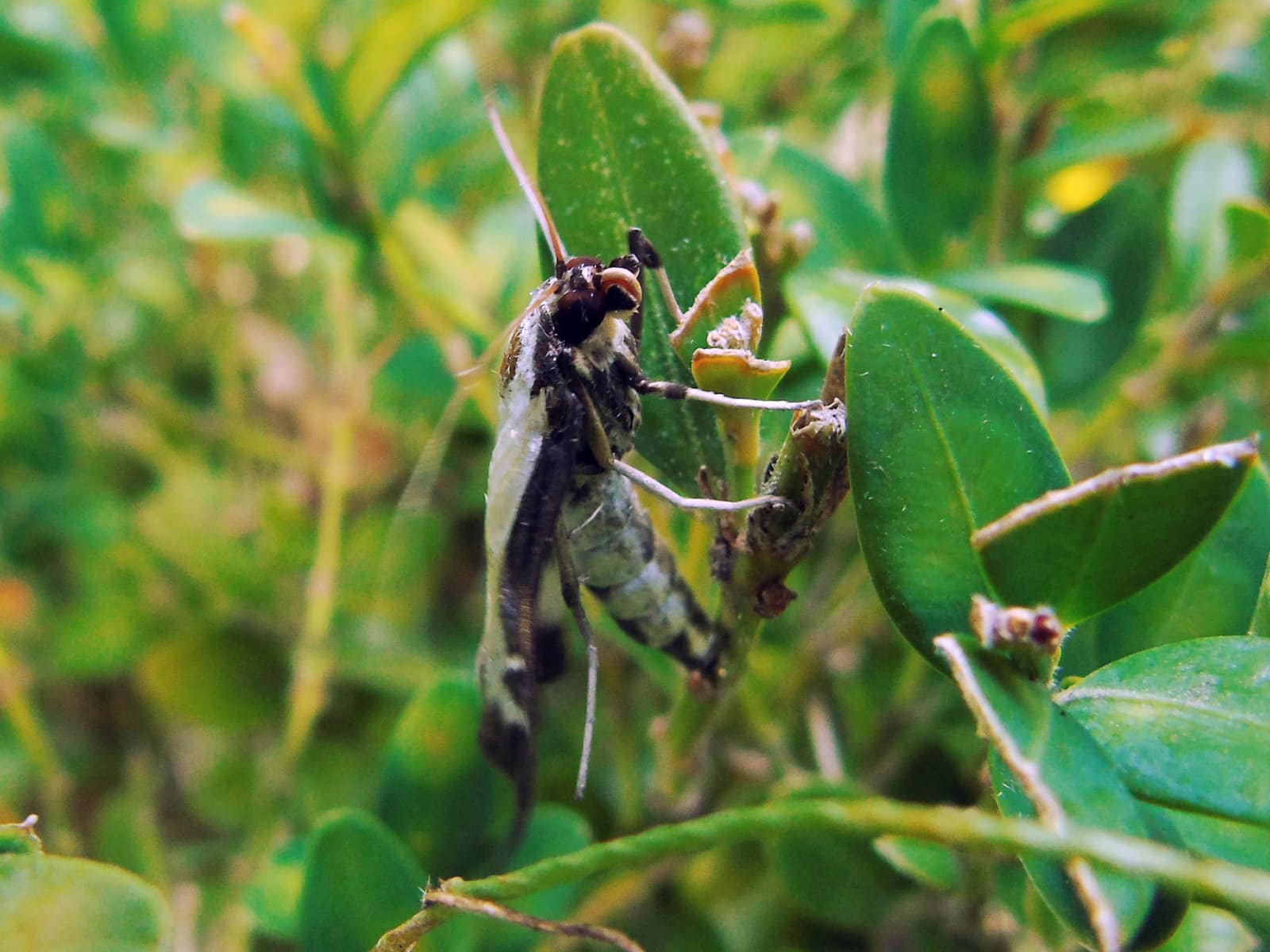With the end of another year coming quickly upon us, many of us are likely reflecting on the happenings of the last 12 months.
Even when it comes to the world of gardening, there are several items to look back on.
There have been many newsworthy items in the past year or so that are, unfortunately, having a negative impact on the environment.
In Niagara, we have been seeing the devastating effects of the box tree moth: a relatively new insect in Canada that has been attacking and killing boxwood after boxwood, including old, established hedges that have been able to survive for a couple of generations.
It has been sad driving around and seeing just how many boxwoods have succumbed to this insect.
Another new pest that we have been hearing more about this year is the Asian jumping worm.
Although there have not been many sightings of this worm in Niagara yet, it seems that it is only a matter of time before they become commonplace, destroying soil structure as they multiply in numbers.
And don’t forget about the spotted lantern fly, which has been recognized as a potential threat to our grape, fruit tree and forestry industries.
Most recently, we have been learning about a new disease that is also making its move into the area: oak wilt, which can kill a mature oak tree in one season.
As gardeners, we need to be diligent in spotting and reporting any sightings of the above insects and disease to the Canadian Food Inspection Agency.
Enough doom and gloom – let’s focus on the positive.
Gardeners are becoming much more educated and aware of what we can be doing to help improve the natural world around us.
We have stopped using as many pesticides and herbicides in our gardens as we once did.
There was a time when we would spray and kill any insect that dared venture into our garden, without taking the time to get to know them first and see if it is a harmful or beneficial insect.
There was also a time when we would spray our entire lawns with herbicides just to kill a few weeds.
I am so encouraged when I see someone out poking the weeds out of the lawn by hand instead of spraying.
Some of the issues that we have heard much about, such as the decline of pollinators, seem like such huge problems to solve, leaving us to wonder how one person can make a difference.
But that is just it: we can and we are making a difference.
I am hearing more and more people asking for native options when planting a new garden or tree.
It doesn’t mean that you must rip out all your existing plants and become 100 per cent native. If we all just added three or four native plants into our garden it would change things greatly: you add a few, your neighbour adds a few, their neighbour adds a few, so on and so forth.
I feel that taking some simple steps such as this will ultimately be what makes the difference needed to keep all the pollinating insects healthy.
I was excited to be a part of the NOTL Horticultural Society’s efforts of planting two new pollinator gardens the past year – one at Newark Community Gardens and the other at the William Nassau Park.
Gardeners are known for their optimism. When some plants are struggling one year, they know that things will be better next year – their tomatoes will be bigger next year, the flowers will bloom heavier, and so on.
They understand the importance of keeping elements in nature balanced. They know the importance of maintaining a healthy soil. They can see that when things are out of balance how it affects their garden, especially when it comes to food production.
This optimism can go a long way in solving any problem. As gardeners, we can bring about the changes that are needed.
We can ask garden centers to provide more species of native plants.
We can push chemical companies to develop more biological types of controls.
We can continue to educate ourselves in the best way to deal with problems that arise in our gardens.
What we can’t do is to sit back and wait for someone else to solve the problem.
We can’t wait for the politicians or chemical companies to make the changes – we must be the change makers.
If we all do are part, positive changes will happen.
Joanne Young is a Niagara-on-the-Lake garden expert and coach. See her website at joanneyoung.ca.











